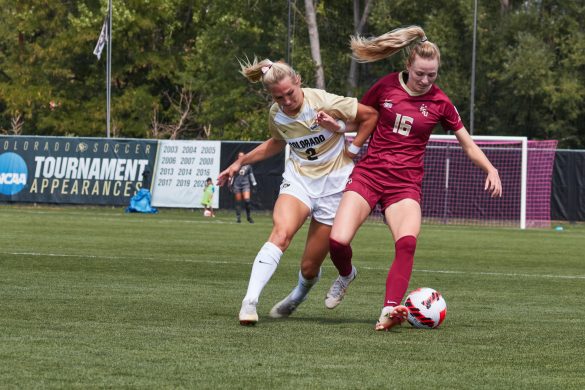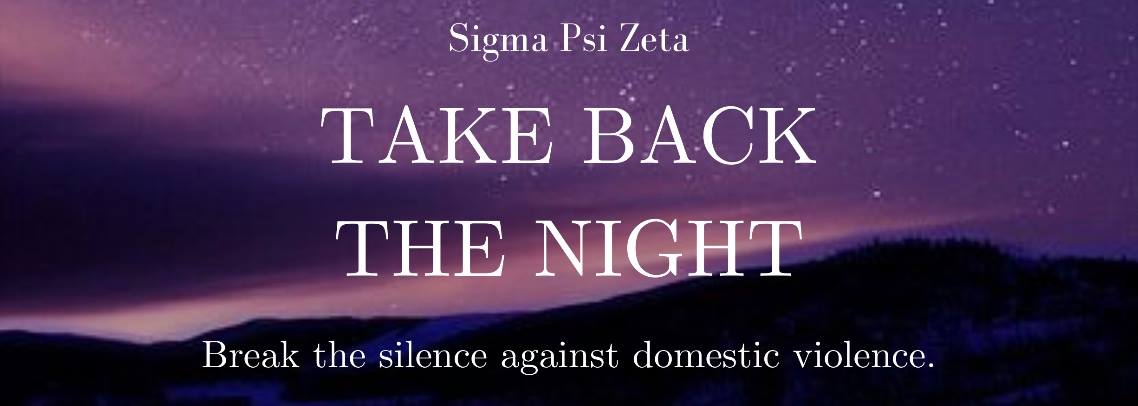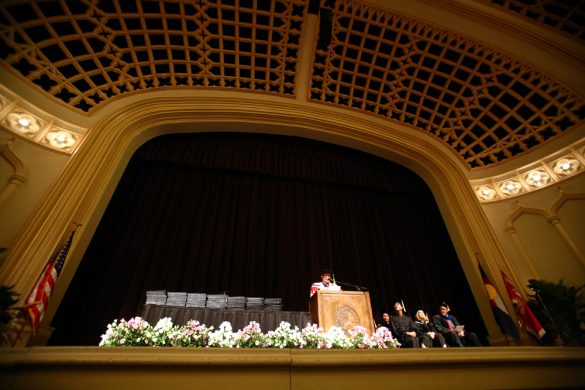




Professor Paul Daugherty is sharing his recent experiences in Australia, as well as providing advice to study abroad students who will be traveling in areas taken over by mass flooding there.
Professor Daugherty, a production professor at CU’s journalism school, flew in December 20th; nearly a month after heavy flooding had already been underway, with plans to study at the Parkes Observatory in New South Wales. He said he was there to record new findings on pulsars, and to share them through teaching and his website.
Having spent time in Toowoomba, an inland city of Queensland where most of the flooding had occurred, he said he was ready to travel south to New South Whales. Daugherty said he expected to leave the heavy rain and fog of Toowoomba to emerge in the summer appropriate weather, Parkes Observatory was supposed to offer. But his 12 hour trip turned into a two and a half day nightmare.
“I remembered reports saying the storm was headed north . . . but as I headed south down the New England Highway the rain was getting more intense,” Daugherty said. “In minutes the water was draining onto the road, at fist only in the form of pockets, then ponds, and finally porches of water covering the highway.”
Ever determined to arrive at the Parkes Observatory, he kept heading south until he became defenseless against the rivers that had replaced the highway. Finally giving up, he headed back to Toowoomba, but was forced to stop short in a town called Allora.
“As I passed Allora, the New England Highway was cut off by a river running right over it,” he said. “The weather in front of me to the north was looking grim, and to the south water was getting deeper. As I continued through the river that was the highway, I was like, ‘please keep going, please keep going,’ worried that the water would rise above the engine and my little Hyundai would stall. Once I passed the Allora marine park, as I called it, formally the Allora Golf Course, I was like, ‘forget it, I can’t do it,’ and turned around again, back south to stop at Allora.”
Though it looked like a disaster, he said it ended up being a good experience.
“We thought, let’s just make the most of it,” he said. “What a great way to meet people through shared experience. It becomes really thrilling.”
CU’s study abroad students headed to Brisbane and the Gold Coast will have a chance to encounter adventures of their own in February. Daughtery said that though the floods may end in March, the dust storms that follow could create problems.
Nathan Frank, the study abroad administrator of International Education said he is grateful Australia’s location along the southern hemisphere has allowed for odd scheduling.
“It is not a fortunate situation, but fortunate for us,” Frank said. “We have no one near the disaster area and spring semester in Australia does not start until February and fall semester ended in November.”
Australearn, an organization that outfits colleges with study abroad opportunities in Australia, New Zealand and the South Pacific offers almost half of the programs located in Australia at CU.
Kathryn Olinger, director of admissions at Australearn, said they have helped notify CU students of the disaster.
“We have sent out messages to all students headed to Australia, advising them on what is going on and putting announcements on our website,” Olinger said. “Although some students have expressed concern, like how messy it will be, we have addressed these issues individually and have not had to cancel any trips.”
Daugherty said the recent events should in any way deter students from continuing with their plans.
“I suppose that as long as flood conditions persist there will always be a risk, but I don’t think it necessarily has to stop your travels,” he said. “Retail stores might have low stock, there might be a feeding frenzy, but expect conditions to improve.”
Jill Gilmer, an 18-year-old open-option major, said it would definitely be an experience.
“I’d probably still go [to Australia], I think it would be really interesting to go during a time like that,” Gilmer said. “But it would also be really scary, yet interesting to see what that is like; I’ve never been to a place experiencing that before.”
Daugherty’s best advice to the students is to do what they can to help out the locals.
“Make yourself useful; go get a mop, volunteer on a block to clean up,” he said. “Going there to help out the Australian people is the best thing that anyone could do when there visiting another country.”
His final piece of advice was pretty simple.
“Take a raincoat,” he said.
Contact CU Independent Staff Writer Rachel Hersch at Rachel.hersch@colorado.edu.
